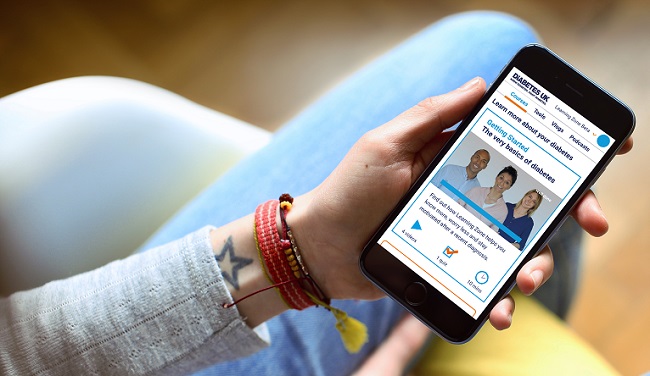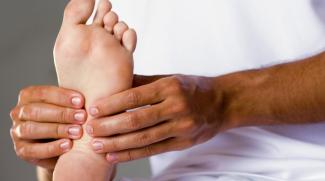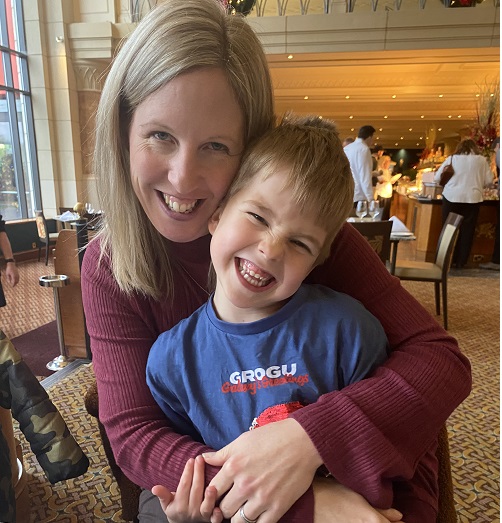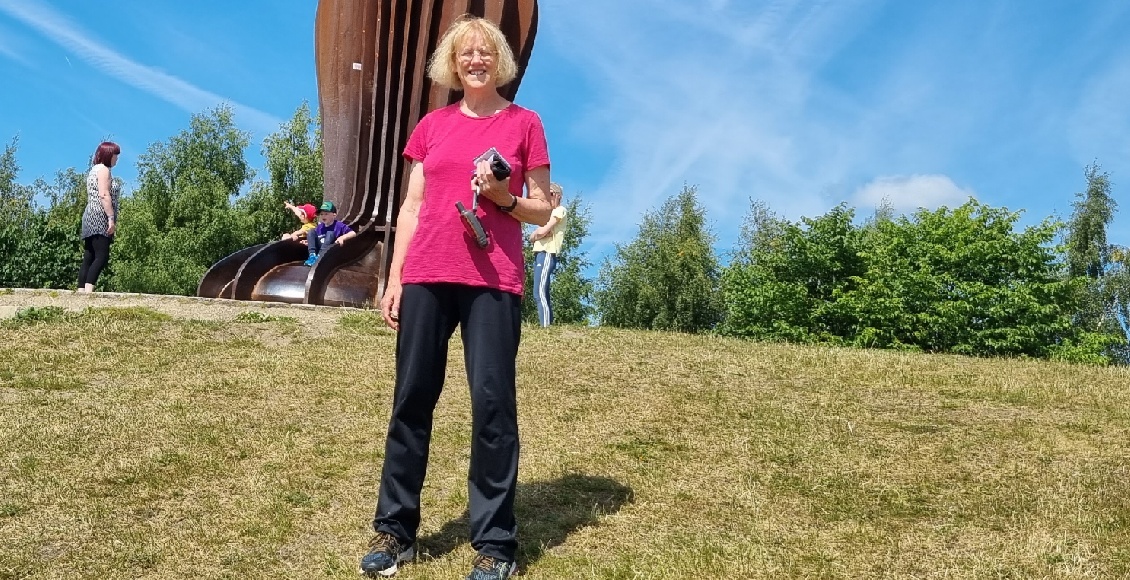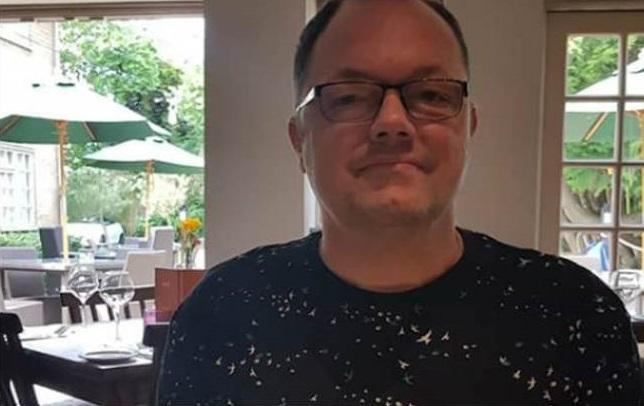
James
Diagnosed age 12.
Physical health and emotional health work hand in hand, and are as important as each other.
James’ type 1 diabetes has led to many physical health complications, which have in turn impacted on his emotional health. Doing things he loves, like listening to music, and sharing his struggles with his wife and mum, helps him live his life to the full.
